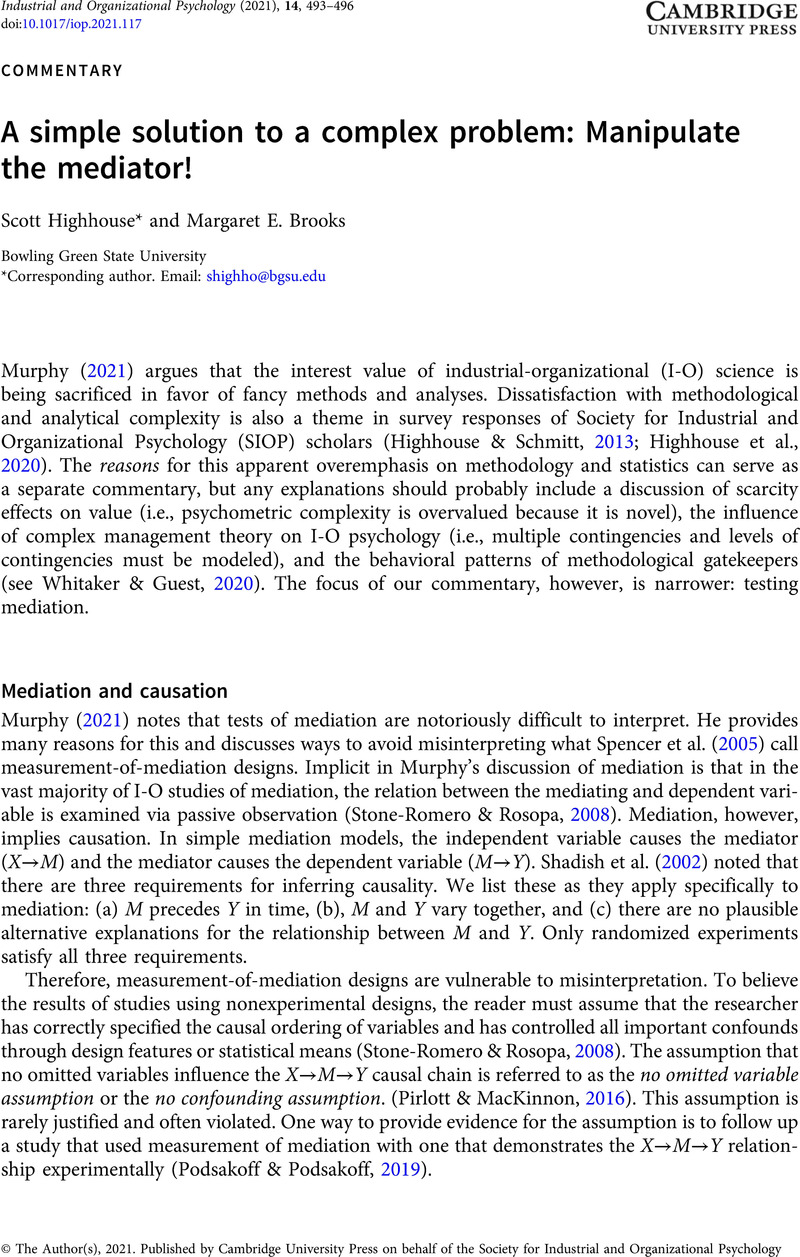Crossref Citations
This article has been cited by the following publications. This list is generated based on data provided by Crossref.
Dong, Chenyan
and
Zhang, Li
2022.
Illegitimate tasks and nurses' work engagement: The role of ego depletion.
Social Behavior and Personality: an international journal,
Vol. 50,
Issue. 8,
p.
1.
Yu, Siyu
and
Shea, Catherine
2023.
The Company She Seeks: How the Prismatic Effects of Ties to High-Status Network Contacts Can Reduce Status for Women in Groups.
Organization Science,
Lv, Xingyang
Shi, Kewei
Xu, Shuangyu
and
Wu, Ailing
2023.
Will tourists’ pro-environmental behavior influence their well-being? An examination from the perspective of warm glow theory.
Journal of Sustainable Tourism,
p.
1.
Leclercq, Thomas
Denis, Etienne
and
Hoornaert, Steven
2024.
Trust me, I am famous: legitimating attractive celebrities as credible endorsers for charitable organisations.
Journal of Marketing Management,
Vol. 40,
Issue. 1-2,
p.
102.





